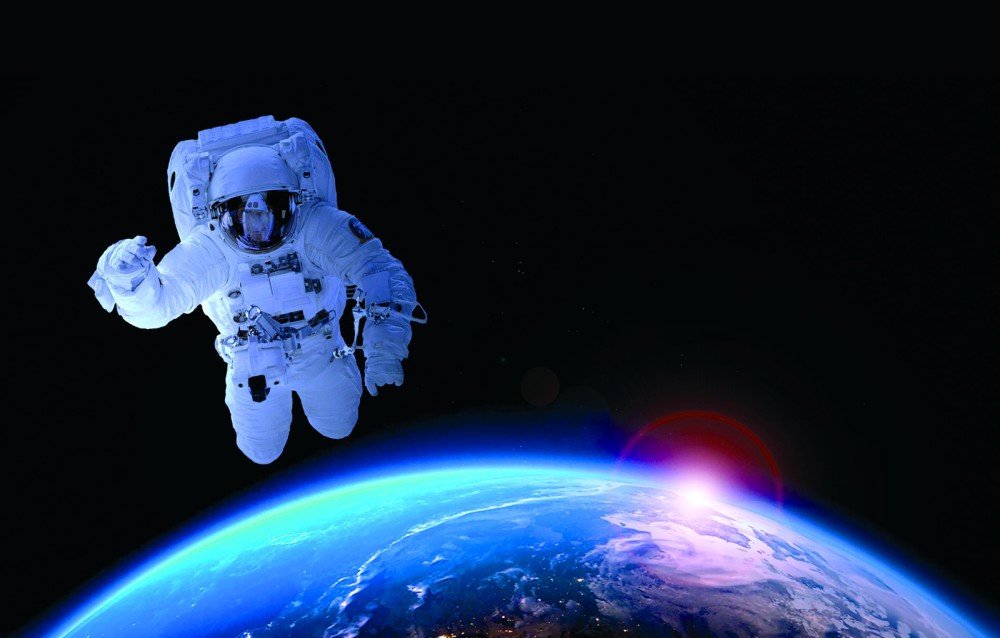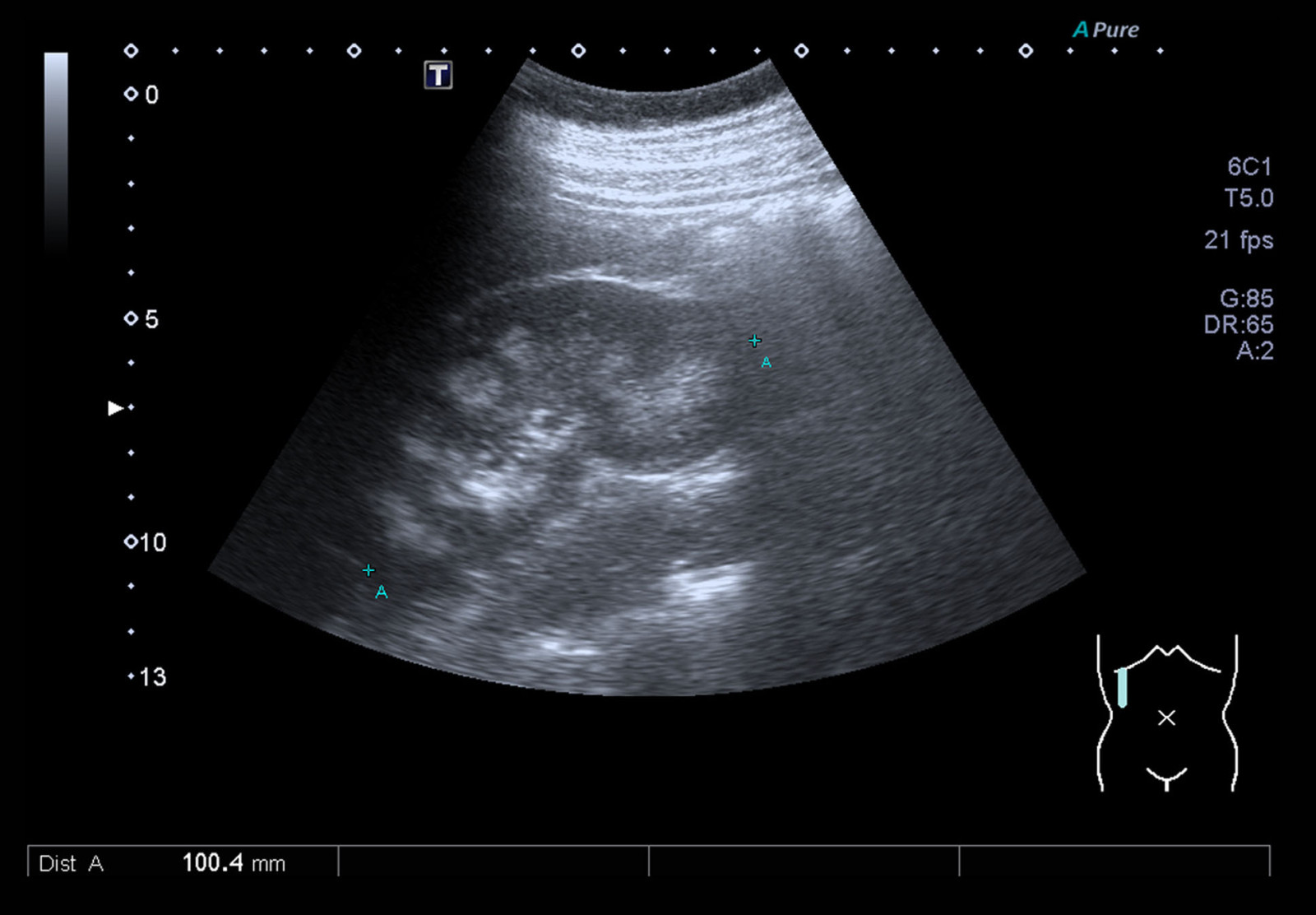ESA relies on GMV technology to monitor the health of astronauts

Space medicine specialists from the European Space Agency (ESA) have put their trust in the multinational technology firm GMV for the ALISSE project. The goal is to develop an artificial intelligence technology based on deep learning, to guide and assist astronauts in capturing ultrasound images with high diagnostic quality, with a focus on organs that can be affected by the conditions of human spaceflight. These images will facilitate the work of specialized physicians, who will be able to diagnose health problems in the astronauts at an early stage, remotely from Earth. Treatments can then be applied to address any issues detected.
The project’s clinical partner is the Emergency Radiology Unit at La Paz University Hospital, which is directed by Milagros Martí de Gracia. In addition, collaborating researchers from the Nuclear Physics group at the Complutense University of Madrid (UCM), led by Jose Manuel Udías Moinelo, will be generating extremely realistic simulations. These will be used to improve the robustness of the system, so that it can be applied in an environment as unknown as outer space.
When ultrasound has been used on the ISS up until now, the relative proximity to Earth has allowed the medical team on the ground to give the astronauts guidance through videoconferencing. However, during missions when distances from Earth are greater, there are delays in receiving images and communications. This makes accurate medical exploration more difficult for the astronauts, and working via videoconferencing is no longer a feasible way to obtain accurate medical images that can be used for diagnosis.
The challenges of manned space missions
Exploration of interplanetary space, the planned Lunar Gateway international space station that will orbit the moon, and future manned missions to Mars are all bringing up new challenges, and the health of the astronauts must be given top priority.
During a hypothetical mission to Mars, the crew will be at a distance of 54 to 402 million kilometers from Earth, so any return to the ground to receive urgent medical treatment will not be a feasible option. Telemedicine and remote guidance will also be insufficiently effective, because of the quality of the images being transmitted and the delays affecting radio communications, which would take up to 20 minutes to travel from Mars to Earth (with the same amount of time required to receive a reply). To address this situation, GMV is proposing a solution that allows personnel without specialized training in radiology to obtain clinically relevant ultrasound images of the organs. These can then be sent to Earth for analysis and interpretation by specialized physicians.
As explained by Carlos Illana, head of the Secure e-Solutions product at GMV, “in the ALISSE project research is being performed on new artificial intelligence techniques, to guide and assist crew members so they can acquire diagnostic-quality images. These techniques are designed to eliminate the need for interactive consultation with specialized physicians on the ground when those images are being produced. This will allow early detection and diagnosis of any health problems the crew members are experiencing while in space, and evolution of their situation can be monitored using these ultrasound images.”
The software that GMV is developing in the ALISSE project will assist with ultrasound imaging studies based on protocols for each organ, and it will provide real‑time guidance for any crew member with a basic knowledge of anatomy. For example, in a case involving an inflamed kidney that may have become swollen because of a kidney stone, GMV’s solution will provide suggestions on how to position the ultrasound probe and adjust the machine’s settings (acoustic power, depth, gain) to obtain the highest quality image. It will also allow the cross-sections being captured and those being used for reference to be viewed at the same time for comparison.
